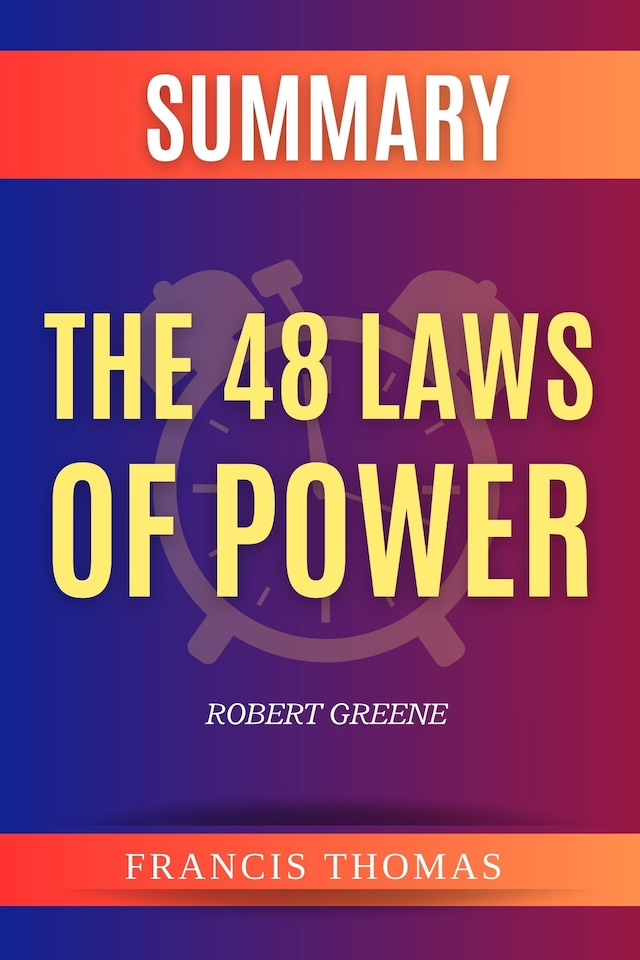
Summary Of The 48 Laws of Power by Robert Greene
A Comprehensive Summary


